Achieving Improvement and Sustainability
How can NC AHEC Practice Support help you?
NC AHEC provides Quality Improvement (QI) technical assistance at no cost to independent primary care and specialist practices, federally qualified health centers, rural health clinics, health departments and behavioral health providers in rural and under-resourced communities.
While our primary focus is on quality care for Medicaid beneficiaries and Advanced Medical Homes, patients and clinical quality measures covered by any payer will benefit from our quality improvement work. This includes the Medicare QPP/MIPS program and value-based programs required by payors and CINs/ACOs. Our services are focused on helping practices redesign their clinical and administrative workflows, optimize their teams and systems of care so that practices are able to thrive with value-based care.
If would like to connect with an NC AHEC practice support coach to assess your practice’s current state and improvement opportunities, please send your request to practicesupport@ncahec.net, and a coach will be in touch with you.
What is NC Medicaid’s Quality Strategy?
NC Medicaid’s Quality Strategy delineates an innovative, whole person, well-coordinated system of care that addresses both medical and non-medical drivers of health and promotes health equity. The Strategy:
• Focuses on rigorous outcome measurement compared to relevant targets and benchmarks,
• Promotes equity through reduction or elimination of health disparities, and
• Appropriately rewards health plans and, in turn, providers for advancing quality goals and health outcomes.
Did you know NC Medicaid and the Medicaid Health Plans support value-based purchasing arrangements? NC Medicaid requires the Medicaid health plans to offer Performance Incentive Payment opportunities to AMH Tier 3 practices and encourages the plans to offer incentive payments to practices in AMH Tiers 1 and 2. While performance thresholds and payment rates are set by Health Plans, all performance incentive payments must be based exclusively on the AMH measure set and not on measures outside of the set.
The Quality Strategy also supports Federal Regulation (42 CFR 438.330{d}) which requires Medicaid health plans to conduct performance improvement projects (PIPs) that:
• Are designed to achieve significant improvement, sustained over time, in health outcomes and enrollee satisfaction.
• Include measurement of performance using objective quality indicators.
• Include implementation of interventions to achieve improvement in access to and quality of care.
• Include evaluation of the effectiveness of the interventions; and
• Include planning and initiation of activities for increasing or sustaining improvement
. . . . . . . . . . . . . . . . . . . . . . . .
The three NC Medicaid PIPs are:
• Childhood Immunization Status (Combination 10) for ages 0-2 years,
• Diabetes Management (A1C testing and results), and
• Timeliness of Prenatal and Postpartum care.
Statewide data from CY 2019 showed NC Medicaid was performing near or below the national Medicaid median on these PIP measures. NC Medicaid uses the National Committee for Quality Assurance (NCQA) Healthcare Effectiveness Data and Information Set (HEDIS) measures to assess performance against benchmarks. Additionally, NC Medicaid noticed a need to improve data reliability and data capture for these areas.
See Quality Measurement Technical Specifications, North Carolina’s Medicaid Quality Measurement Technical Specifications Manual for Standard Plans and Behavioral Health Intellectual/Developmental Disability Tailored Plans for more details.
For the first two years of managed care implementation, NC Medicaid seeks a relative improvement of 5% over the prior year’s NC Medicaid statewide performance for each measure. Go to Quality and Population Health: AMH Measures, Statewide QI Projects to view baseline data and goals.
In support of NC Medicaid’s Quality Strategy and in collaboration with the health plans, NC AHEC (including its nine regional AHECs) applies its QI resources and strategies to support AMH practices and providers across the state as they work on the PIPs and other quality improvement initiatives. In addition, physicians and physician assistants may be able obtain MOC-IV credit if they work on a quality improvement project with an NC AHEC Practice Support coach.
In addition, NC AHEC helps small practices in North Carolina successfully participate in the Medicare Quality Payment Program (QPP), Merit-Based Incentive Program (MIPS), Value Pathways (MVP) and Making Care Primary Program (MCP). This support is available at no cost to the practice. More information can be found at www.qpp.cms.gov or reach out to your practice support coach at practicesupport@ncahec.net.




